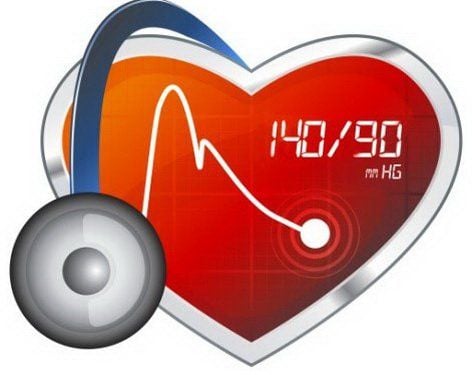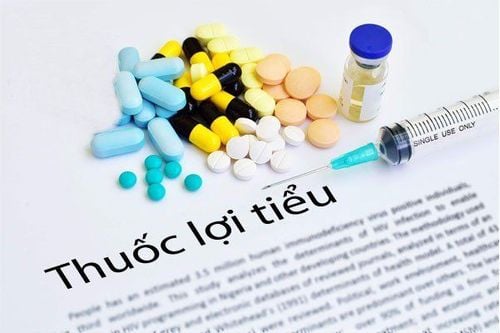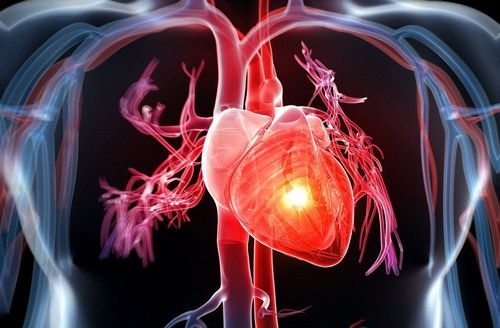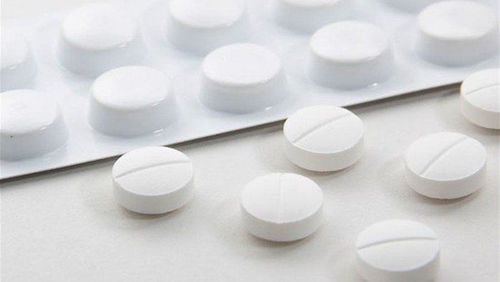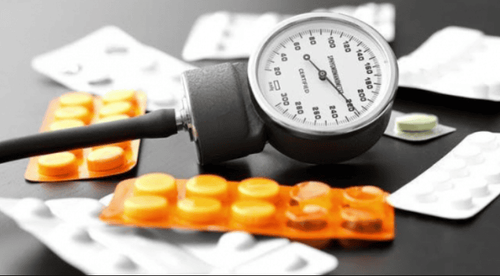This is an automatically translated article.
The article is professionally consulted by Master, Doctor Pham Van Hung - Department of Medical Examination & Internal Medicine - Vinmec Danang International General Hospital.
Blood pressure has two numbers, systolic pressure and diastolic pressure. When one of these two readings exceeds the normal range, it is a warning sign of high blood pressure. There are cases when only one index is high, especially systolic blood pressure, so it is also called isolated systolic hypertension.
1. What is isolated systolic hypertension?
Systolic blood pressure is the highest number of blood pressure measured, representing the pressure in the arteries when the heart contracts and pumps blood into the circulation. Systolic blood pressure is also known as maximum blood pressure.According to the American Heart Association, isolated systolic blood pressure is defined as systolic blood pressure ≥ 140 mmHg and diastolic blood pressure (minimum blood pressure) < 90 mmHg. This is the most common form of hypertension in the elderly. This phenomenon mainly comes from modifiable risk factors, genetic factors and pathophysiological changes with aging.
Trắc nghiệm: Bạn có hiểu đúng về huyết áp cao không?
Huyết áp cao còn được gọi là kẻ giết người thầm lặng vì bệnh thường không có triệu chứng. Thiếu hụt kiến thức về huyết áp cao có thể làm cho tình trạng bệnh trở nên trầm trọng hơn. Dưới đây là những câu hỏi trắc nghiệm vui giúp bạn hiểu đúng về bệnh cao huyết áp.2. Mechanism of formation of systolic hypertension
Isolated systolic hypertension may result from poorly controlled diastolic hypertension in patients with long-term idiopathic hypertension. In addition, secondary systolic hypertension may also develop after arteriosclerosis in people with previously normal blood pressure. Some other secondary causes of isolated systolic hypertension include: type 1 diabetes, osteoporosis, vascular calcification, atherosclerosis due to chronic kidney disease, peripheral vascular disease, thyrotoxicosis , elastin formation changes from fetal growth retardation in utero, coarctation of the aorta, aging proximal aorta,...
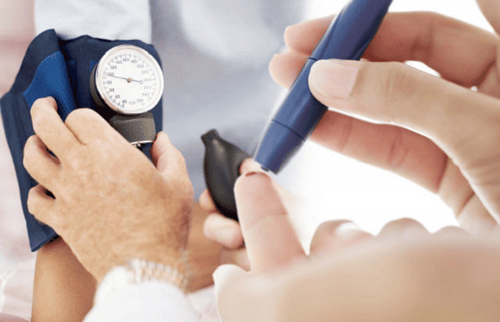
Not only that, along with the increase of age and progression of atherosclerosis, the deposition of calcium and collagen in the arterial wall reduces elasticity, reduces the diameter of the vessel lumen, leading to increased blood pressure. solitary systole.
In addition, chronic diseases co-occurring with hypertension in the elderly such as chronic kidney disease, hyperlipidemia, diabetes or smoking habits, drinking alcohol,... also increase stiffness of the vessel wall, causing atherosclerosis and predisposing to isolated systolic hypertension.
3. How does isolated systolic hypertension affect the heart?

If treated appropriately, lowering systolic blood pressure can improve the patient's health. According to the study, a 10 mmHg decrease in systolic blood pressure can reduce cardiovascular events by 20%, risk of coronary heart disease by 17%, stroke by 17%, heart failure by 18% and by 13%. risk of death from all causes.
Appropriate treatment strategies for patients with isolated systolic hypertension are: calcium channel blockers and thiazide diuretics (including chlorthalidone, indapamide) to reduce stroke risk.
Advice for patients with isolated systolic hypertension is to have a scientific diet, exercise regularly, not eat salty foods, limit alcohol, don't smoke, .. When there are symptoms If you have high blood pressure, you should check your blood pressure and blood sugar regularly for timely treatment, especially in the elderly. .
Hypertension checkup package at Vinmec International General Hospital will solve the concerns about high blood pressure for patients. Here, Vinmec's top doctors will conduct an examination using the most advanced methods to determine the causes, complications and levels of hypertension, thereby helping patients understand the details of their disease. mine.
Customers who are interested in the Hypertension Checkup Package at Vinmec, please find out detailed information HERE.
Master, Doctor Pham Van Hung has 30 years of experience in examination and treatment of internal diseases, especially in Cardiology: coronary arteries, heart failure, heart valves, arrhythmias. ..Master, Doctor Hung used to hold the position of Deputy Head of Internal Cardiology Department and Head of Interventional Cardiology Unit at Da Nang General Hospital and is currently working at Department of Examination and Internal Medicine, Internal Cardiology, Cardiology. Interventional circuit at Vinmec Da Nang International General Hospital.
Please dial HOTLINE for more information or register for an appointment HERE. Download MyVinmec app to make appointments faster and to manage your bookings easily.





